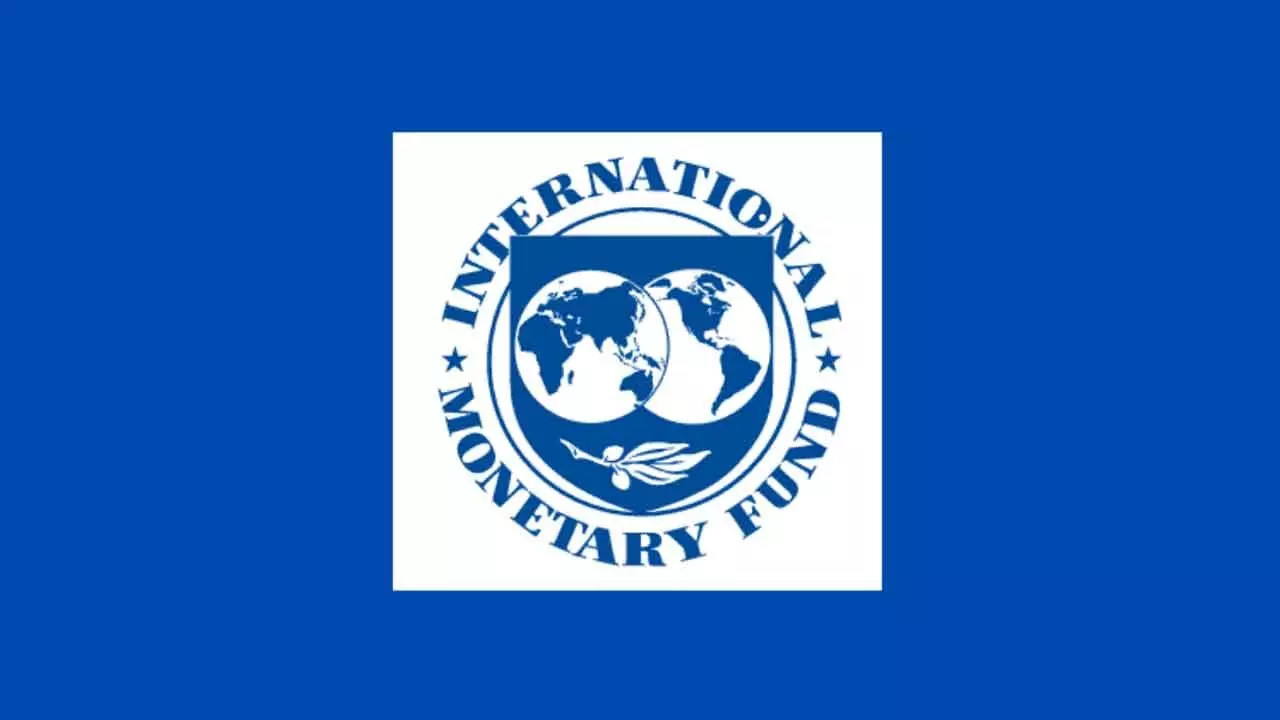Weaknesses Of Power Sector May Spill Over To Lenders: IMF
Major NBFCs distressed, shock could spill over to banks, mkts
Weaknesses Of Power Sector May Spill Over To Lenders: IMF

New Delhi: The International Monetary Fund (IMF) has cautioned Indian policymakers that the weaknesses of the power industry may spill over to the financial sector. Concentrated exposures, especially to the power sector with structural challenges, could lead to potential systemic stress, the IMF's Financial Sector Assessment Programme (FSAP) said recently.
"The 2016 banking sector distress was triggered by loan defaults of large power and infrastructure companies’ unrelated to macro-financial conditions. Despite reforms, the power sector continues to show structural vulnerabilities, compounded by transition risks from climate change," it said.
While banks reduced their direct exposures to the sector, non-banking financial companies (NBFCs)—huge state-owned infrastructure financing companies—have significantly increased theirs. If major NBFCs were to become distressed, the shock could spill over to banks, corporate bond markets, and mutual funds that finance NBFCs, and be amplified in the process, the IMF said.
The IMF has generally lauded India's financial system for having "become more resilient and diverse, driven by rapid economic growth. The system recovered from the distress episodes of the 2010s and withstood the pandemic well." However, the IMF's recent Financial Sector Assessment Programme (FSAP) has also highlighted "some weak tails."
The main lending sectors are broadly resilient, the FSAP said, adding that banks and non-banking financial companies (NBFCs) "have sufficient aggregate capital to support moderate lending even in severe macro-financial scenarios. However several banks, particularly PSBs [public sector banks], may need to strengthen their capital base to support lending in such situations. Weak tails comprise a few non-systemic NBFCs and urban cooperative banks (UCBs) that report below minimum or negative capital even in the baseline." Authorities should collect more granular data and improve their sharing among themselves to sharpen the analysis of system-wide interconnectedness, household credit risks, and climate-related financial risks, the IMF said. "Relying on targeted borrower-based measures would enhance policy effectiveness. Starting to build releasable countercyclical capital buffers before the next downturn would support faster recovery at a relatively low cost."

